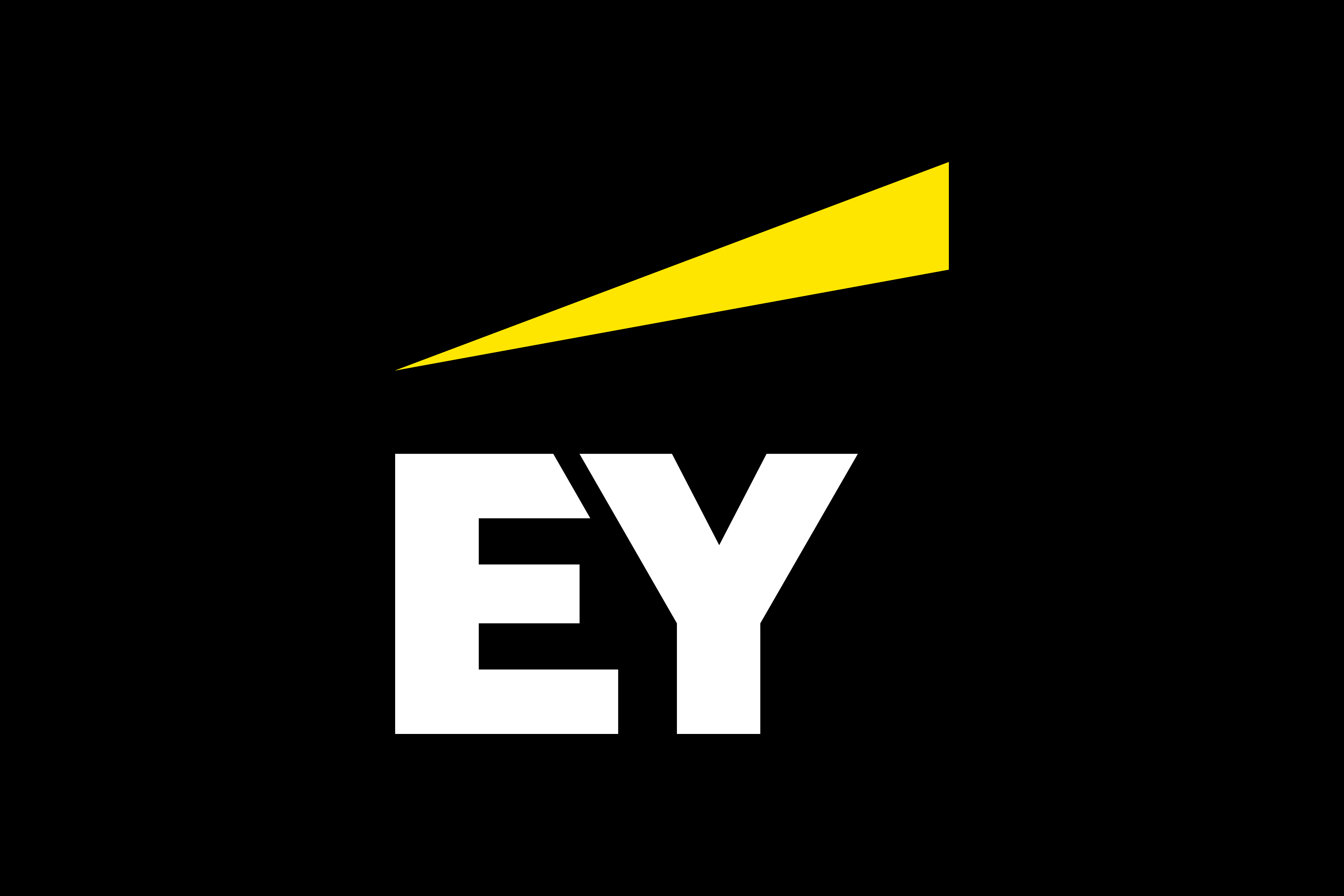EY refers to the global organization, and may refer to one or more, of the member firms of Ernst & Young Global Limited, each of which is a separate legal entity. Ernst & Young Global Limited, a UK company limited by guarantee, does not provide services to clients.
Investigation of tax obstacles to financial employee participation
State Secretary Folkert Idsinga has informed the House of Representatives of the results of an investigation of possible tax obstacles to granting profit-sharing schemes to employees.
The granting of financial employee participation schemes can lead to greater staff motivation and commitment to the business and help to retain employees. Employees feel more involved because they share in the profits and losses of the business. Plus start-ups and scale-ups can pay part of the salary as shares or share options and thus offer a competitive remuneration package. Start-ups and scale-ups generally have less cash available for salaries than established companies. The potential upside of such shares or options is also greater in start-ups and scale-ups and employees can feel that they have more influence over the success of the business. For these organisations retaining staff (some at least) is often particularly important when it comes to scaling up the business model because of their knowledge and experience. For these reasons the government is following up the investigation to look at a tax scheme for employee participation in start-ups and scale-ups.
The drawbacks, however, are that in difficult periods part of the business risk will lie with the employees, requiring that they have financial flexibility. It is open to question whether or not this is desirable, certainly at the lower end of the income scale. And a greater focus on financial employee participation may make the public and semi-public sectors less attractive as an employer given that this is not possible in those sectors.
Research has shown that tax or other types of obstacles do not play a prominent role in the decision not to use employee participation schemes. A lack of knowledge about them seems to have more of an impact. Besides limited information on such schemes, the study mentioned four obstacles to granting employee participation:
- Valuation of unlisted companies: This valuation is needed to determine the taxable base both when salary is involved and for the valuation of the shares in Box 3. There is not one generally-applicable formula that can be used to pin down value. The State Secretary will consult the Tax and Customs Administration to develop a set of guidelines to help provide clarity about valuation methods for unlisted companies.
- Long lead time for requests for a preliminary consultation on the valuation of unlisted companies.
- New Box 3 method: The capital growth tax that may be due has a negative impact on the granting of employee participation schemes that lead to ownership. This would result in employees having to pay tax on the increase in value of the investments while no cash proceeds have been received.
- Non deductibility of employee participation schemes from corporation tax. While cash salary, as a rule, is deductible from corporation tax, the same does not apply to earnings in the form of shares or depositary receipts. Non-deductibility was a deliberate choice, however, and the government has no intention of changing this.
All things considered, the government maintains its previous stance that whether or not employees should be allowed to participate financially is a subject that should be part of the employment negotiations between employers and employees. The government does not consider it part of its task to be encouraging one form of remuneration over another. What the government does see as its role is to tackle implementation problems that are within its grasp. For example, together with the tax authorities, it will look at the extent to which it can provide more guidance around the valuation of unlisted companies. The State Secretary further wants to examine whether share write-down guidelines could also be drawn up for unlisted companies where disposal is prohibited.
